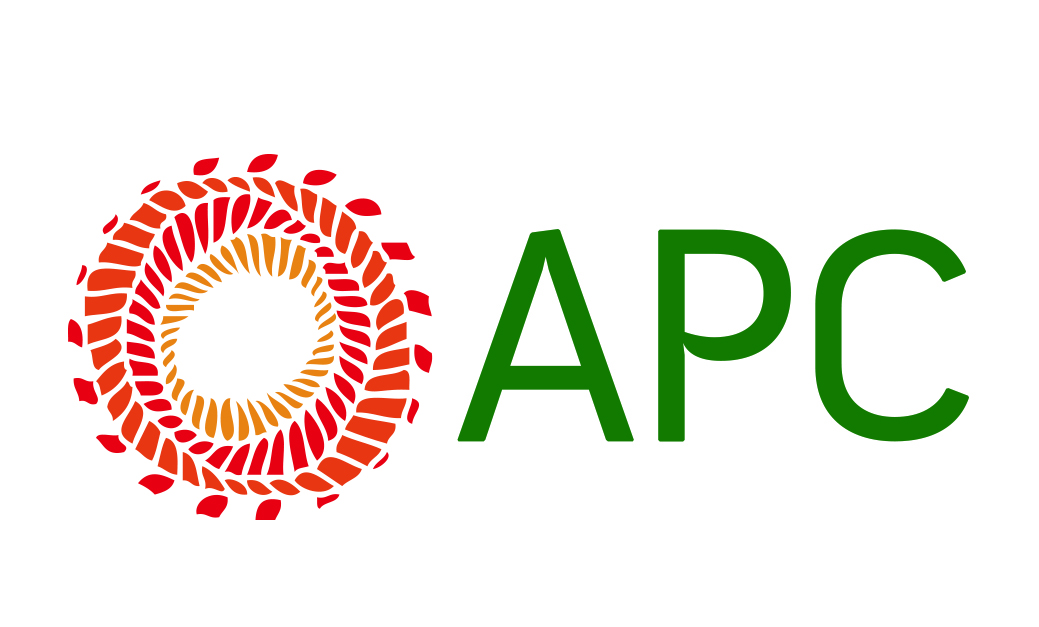HackerSPACE Trivandrum celebrated Arduino day, 29th of March 2014 with a free public workshop on Arduino for girls and a hackathon to develop sensory interactive tools for autistic children. Four girls joined for the workshop including one from neighbouring state TamilNadu. Workshop was followed by the Hackethon.
Aim of the Hackethon was to develop a set of interactive activities for autistic children. Members of HackerSPACE and new comers joined together to discuss various ideas.
“Bird Nest”, was artificial birds nest. Bird will sing when a child come near to it. A model was created with Proximity sensor, and Mozzi arduino library for audio synthesis. We could complete prototype.
Another group came up with an arudio based controller for RGB LED strip. They started working on a sound visualisation tool with Processing and Arduino. It could not be completed by evening.
Blending up of a workshop and hands on development made “Arduino day” exciting for new comers.
Participants:
Sangavi
Rency Amir
Nirupama Mariam Abraham
Reshma. R
Sairath. N
Anoop
Kevin Martin
Renjith Rajkumar
Rijoy. V
Binu Abraham
Ganesh. H
Mohammed Shameer
HackerSPACE Trivandrum is holding a hackathon and Arduino workshop on 29th of March, Arduino day. The celebration marks 10 years of Arduino, free hardware initiative. The Arduino workshop will be exclusively for girl students and will be free of charge (+2 or above). As part of hackethon, developers will build sensory interactive installations for children with autism. Those who want to attend the programme shall register by calling 0471 2318997/9495619169.
Arduino is a free electronics prototyping platform based on flexible, easy-to-use hardware and software. It’s intended for artists, designers, hobbyists and anyone interested in creating interactive objects or environments.
HackerSPACE is a community operated workspace in Trivandrum where people with common interests, often in computers, technology, science, digital art or electronic art, can meet, socialize and/or collaborate. It is located in SPACE office, Vellayambalam, Trivandrum.
Arduino Day is a worldwide celebration of Arduino’s first 10 years. It’s 24 hours full of events – both official and independent, anywhere around the world – where people interested in Arduino can meet, share their experiences, and learn more.
HackerSPACE conducted a hands-on introductory workshop on MicroHOPE Board, on Monday 24th February 2014. Dr. B. P. Ajith Kumar, a scientist working with the Inter University accelerator Centre, New Delhi handled the session. Around 20 participants attended the workshop. A HackerSPACE meeting held after the workshop. Mr. Rijoy V, SPACE shared HackerSPACE objectives and discussed future events with the participants.
Our first class in hacking, and we were thrilled, thoughts of being able to hack into sites running through our minds. The class started off with discussions on how to spread the reach of SPACE. Next, we were shown a hard disk and asked what we knew about it. That session ended quickly as we, obviously, knew little. Then, we were taught the principle of working of the hard disk, the different parts, and the importance of each part. We all enjoyed it, but what was going through all our minds was ,”What does this have to do with hacking ?”.
After that, we were given a set of tools and told to open up the hard disk, to take it apart. That got us all very excited and we abandoned our seats to crowd around the hard disk, arguing with each other over who got to work on which part. Soon we had the hard disk completely taken apart, each part separated. From the looks on our teachers’ faces, we could tell that they had not expected us to do it to such an extent.
So our next task was to put it back together to the required form, and honestly, that was a lot harder than taking it apart. But we somehow managed to do it, and funnily enough, there were some extra parts. Luckily, we were laughingly told that sometimes such things happen and that it was okay.
After all that, we were told, to our delight, that we were going to learn to make a speaker from a hard disk. We were shown the simple connections that were required and were allowed to connect, and solder it ourselves. Once we completed it, we connected it to a laptop and found that it indeed function as a speaker, albeit at a very low volume.
When we voiced our concern over the low volume, we were shown additional connections to make it a bit louder. We completed those connections as well but the volume was still low. And that was when we were told that the sound needed to be amplified, and that even something as simple as a paper cone could be used for that purpose.
Soon the class was over, and we all got ready to leave, happy with what we had learned. That was when we were told that what we had learned was hacking. Upon seeing the confusion on our faces, it was explained to us that what we thought was hacking was actually ‘Cracking’, and that hacking was finding new innovative uses for things, like what we had learned. And surprisingly, we were not disappointed that this was what we were going to learn.
Disney Research, Pittsburgh introduced Touche a new sensing technology that proposes a novel Swept Frequency Capacitive Sensing technique that can not only detect a touch event, but simultaneously recognize complex configurations of the human hands and body during touch interaction. The Touché is being developed at Disney Research by Ivan Poupyrev in collaboration with Munehiko Sato (University of Tokyo) and Chris Harrison (HCII, Carnegie Mellon University).
Is it possible to hack this novel technology using an Arduino? We started learning the principle behind Touche sensor and started building a capacitor sensor circuit using Arduino, or Lets say we started hacking.
The Resources and Software Tools we used for making cap sensor include Processing development tool, Arduino IDE Software, Arduino UNO Board, PCB, Resistors, Capacitors, Inductors, Soldering Iron and so on.

